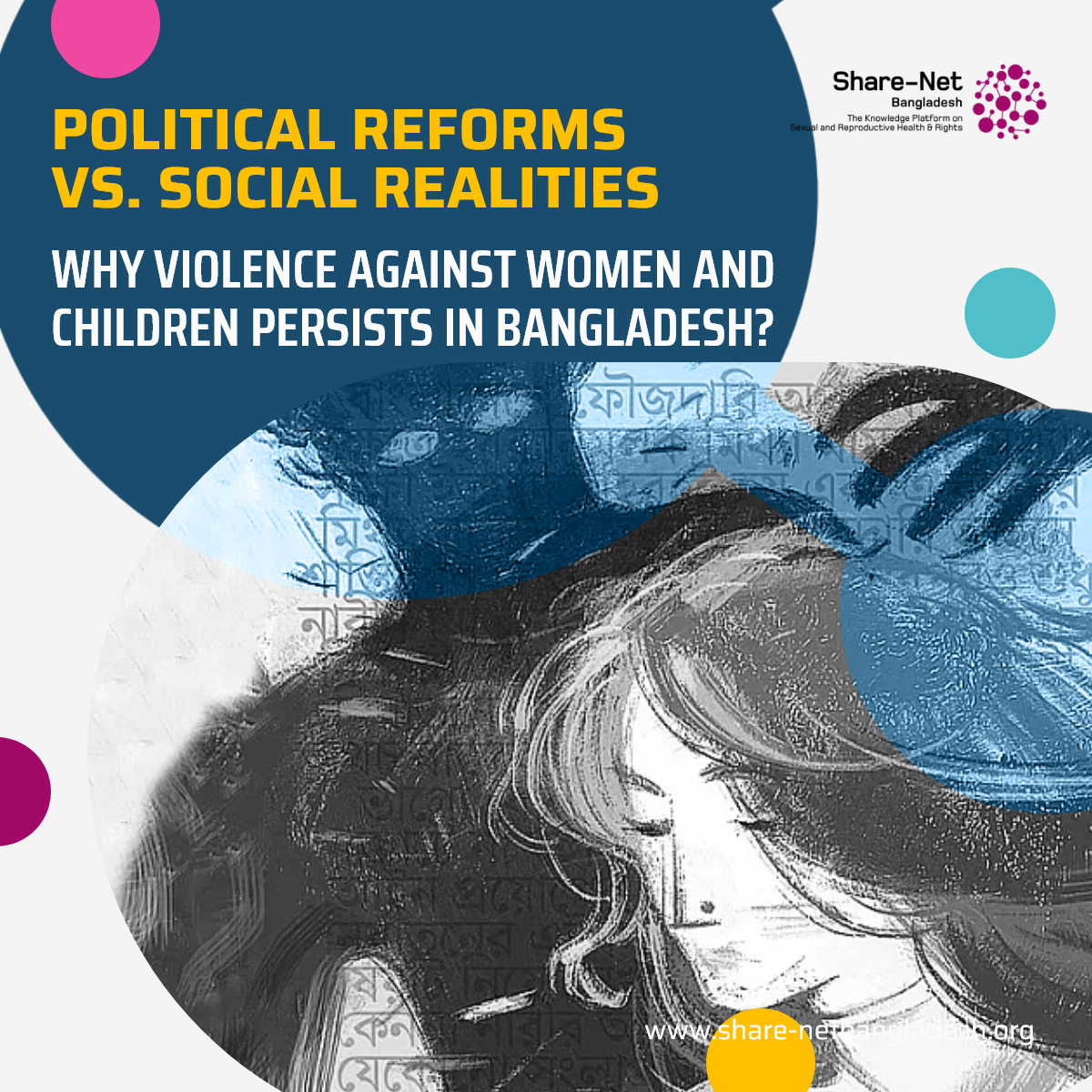Political Reforms vs. Social Realities: Why Violence Against Women and Children Persists in Bangladesh?
Despite a recent political shift in Bangladesh, the alarming rate of violence against women and children continues unabated. Official statistics reveal a grim picture: in the first nine months of this year, 12,769 cases have been filed under the Prevention of Oppression against Women and Children Act-2000, with nearly half of them involving sexual violence. Rape and attempted rape cases alone account for 6,202 cases, demonstrating a persistent issue even as the country undergoes significant political changes.
The resignation of the Sheikh Hasina government following student-led protests on 5 August and the appointment of an interim government under Dr. Muhammad Yunus have not resulted in a meaningful reduction in violence. Instead, the data suggests that the social structure allowing such crimes to persist remains firmly in place. According to police records, cases of violence and exploitation, including rape, dowry-related abuse, and child abductions, have shown little to no decline. Professor Muhammad Omar Faruk, a criminology expert at Mawlana Bhashani Science and Technology University, notes that “the judicial system’s limitations and a weakening of social values” fuel this steady tide of violence, which cannot be combated solely by political change.
Among recent cases, two young women in South Keraniganj suffered a brutal gang rape on 9 August. Another elderly woman, 65, was similarly assaulted in September when she came to Dhaka seeking relief. Their suffering underscores a wider issue: the justice system’s delays and lack of enforcement often result in prolonged trauma for victims. Local law enforcement’s sluggish response to these cases further erodes public trust. In the South Keraniganj case, it took 23 days for the complaint to be filed due to instability following the government’s transition. Such delays only compound victims’ trauma, hampering their ability to seek timely justice and proper medical care.
Socially ingrained norms continue to foster these harmful patterns. Professor Faruk emphasises that “weakening social values, loss of mutual respect, and fractured family bonds” contribute to the normalisation of gender-based violence. To address these foundational issues, Faruk advocates for community-centered initiatives that strengthen family and neighborhood ties, combined with swift legal responses to hold offenders accountable.
Interim government adviser for Women and Children Affairs, Sharmeen S Murshid, recently announced plans to establish rapid response teams nationwide, aiming to streamline intervention efforts for victims of abuse. These teams, which will include representation from police, legal professionals, councilors, and youth advocates, mark a proactive step. Still, many argue that establishing trust in the justice system is equally crucial for motivating victims to report cases without fear of stigma or disbelief.
August saw a notably low number of reported cases, as police stations struggled to maintain operations amidst attacks on law enforcement during the transitional period. Nonetheless, 684 cases were still filed, illustrating that even reduced policing failed to curb violence. The challenge now lies in creating a justice environment that offers genuine support to survivors of gender-based violence, addressing not only their immediate safety needs but also their long-term psychological recovery.
Building a future of equitable sexual and reproductive health rights in Bangladesh requires dismantling deep-rooted prejudices and fortifying legal structures to protect women and children. Without an overhaul of societal attitudes and effective, sustained government action, political change alone will not end the ongoing crisis of gender-based violence.
Source: Prothom Alo
Picture Credit: Prothom Alo


